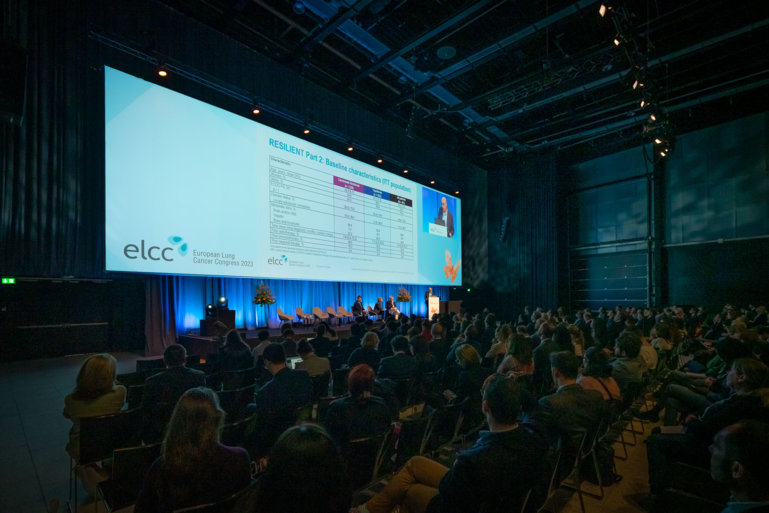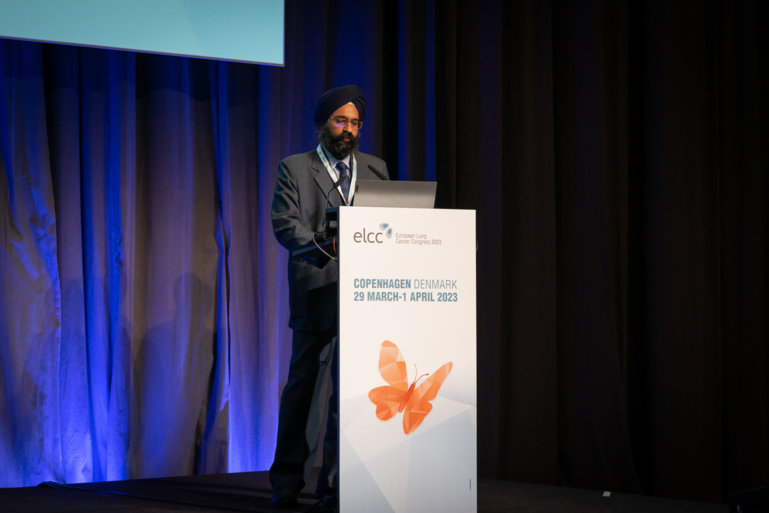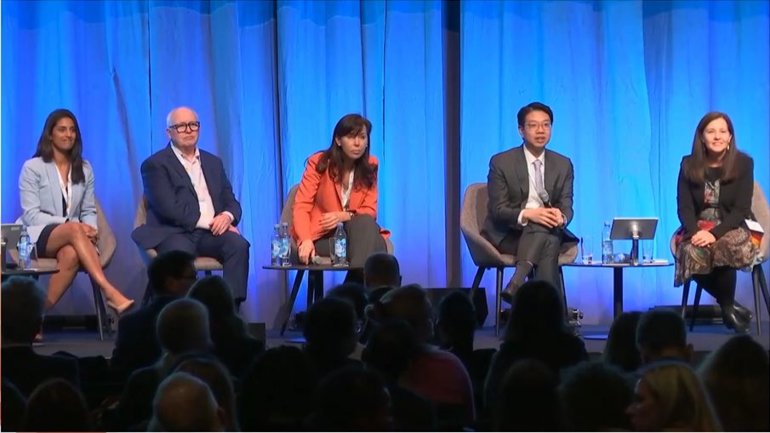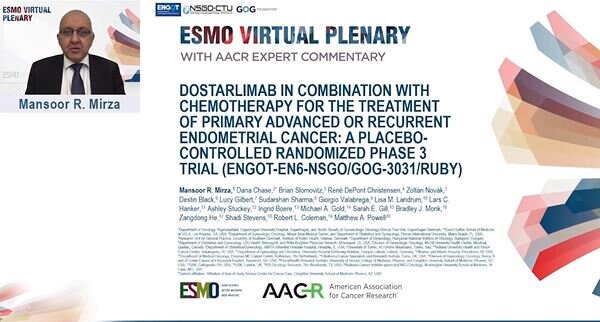
Early-phase data from targeting HER3 with ADC are encouraging
Some studies presented suggest preliminary activity of patritumab–deruxtecan in patients with HR-positive/HER2-negative disease and triple-negative breast cancer

Some studies presented suggest preliminary activity of patritumab–deruxtecan in patients with HR-positive/HER2-negative disease and triple-negative breast cancer

Data presentations from DESTINY-Breast04, DESTINY-Breast02 and EMERALD trials confirm the value of trastuzumab deruxtecan and elacestrant in this setting, despite moderate drop-out rates for PROs

Lessons learned from the use of second-generation antibody–drug conjugates (ADCs) in breast cancer can direct treatment in other tumour types

Extended analyses from two regulatory phase III trials show that the benefits of anti-PD-1-based therapy persist long term, even in patients with brain metastases

Data from two studies improve knowledge of how to treat patients with a disease harbouring this molecular alteration and how to monitor response to treatment

Final OS analysis of the phase III CONTACT-01 trial reports negative results for immunotherapy versus docetaxel in patients progressing on checkpoint inhibitors plus chemotherapy

Additional exploratory analyses of the phase III CheckMate 816 trial reveal that event-free survival at 3 years is not influenced by surgical parameters and suggest that tumour inflammation may be a useful predictive biomarker

Updated results from the CHRYSALIS trial also suggest a number of biomarkers predictive of sustained clinical benefit with the EGFR–MET bispecific antibody

Patients consider side-effects of the KRAS G12C inhibitor to be more tolerable and to have less interference on their lives than those due to docetaxel

Results from the RUBY trial show improvements both in progression-free survival and overall survival in patients treated with dostarlimab plus standard chemotherapy, indicating a new standard of care
This site uses cookies. Some of these cookies are essential, while others help us improve your experience by providing insights into how the site is being used.
For more detailed information on the cookies we use, please check our Privacy Policy.
Necessary cookies enable core functionality. The website cannot function properly without these cookies, and you can only disable them by changing your browser preferences.